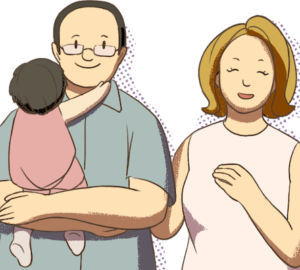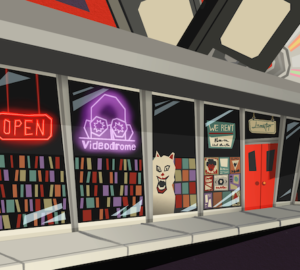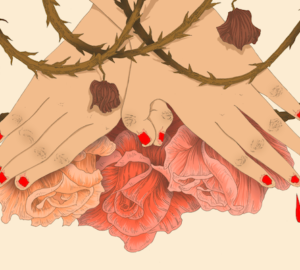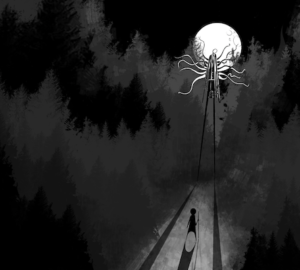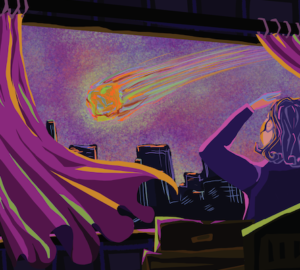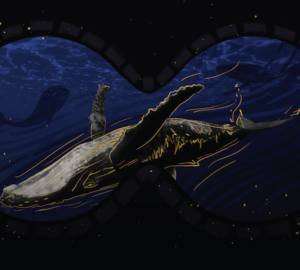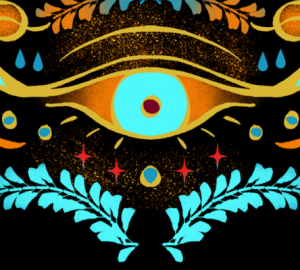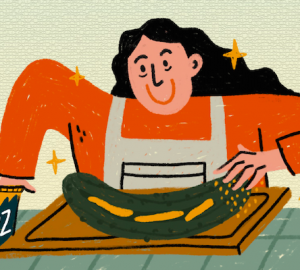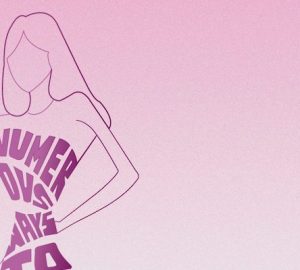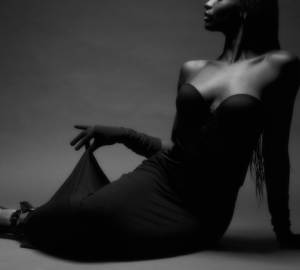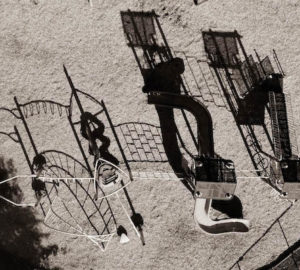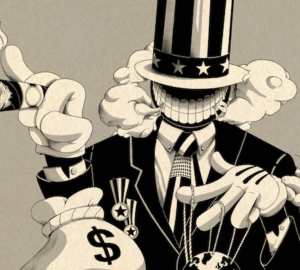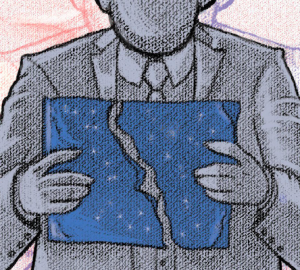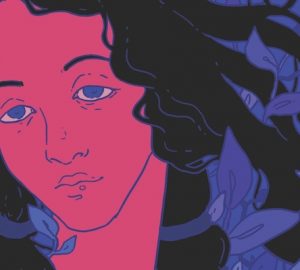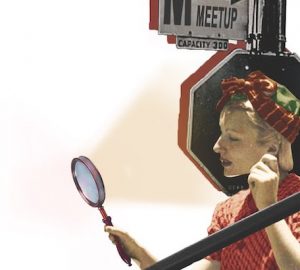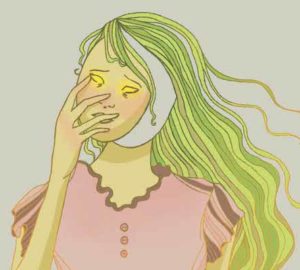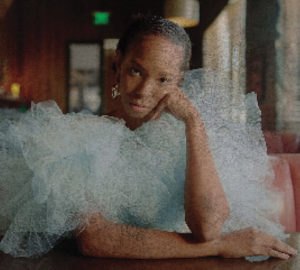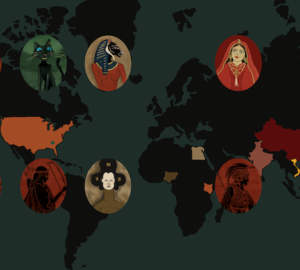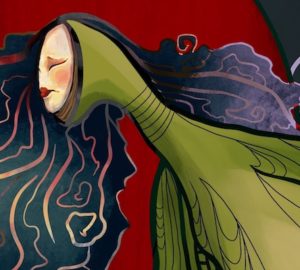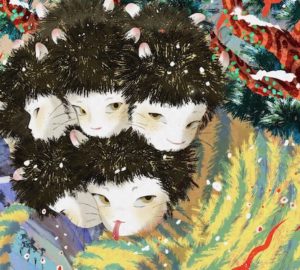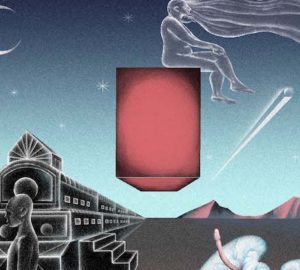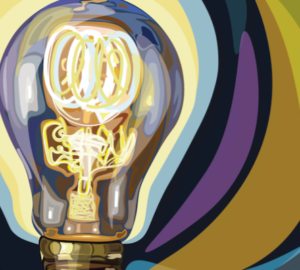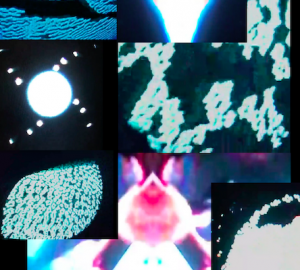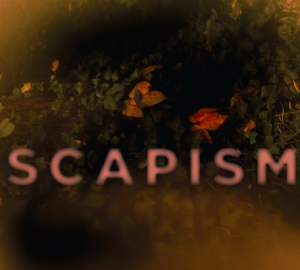By Julie Tran

The lessons of war came as early as first grade. We were 6-year-olds, not understanding anything about death and sacrifice, but we could recite the triumphs of the eighteen Hung kings, the way the Trung sisters fought off Northern invaders, the way Uncle Ho brought independence from the West, and the way the generation of our grandfathers ran from, shot at and brought down American planes. We knew it all. And fuzzy as we might be in the chronology of it — we were, after all, children — drilled into our heads were the idea of freedom, liberty, independence, which for us Vietnamese, was condensed into one sentiment: self-determination, as a nation of people.
So, why, then, when I came to America, were my classmates and teachers avoiding my nation’s politics like a quagmire? Why did I sit through literature and history classes where my American classmates denounced Communism with their whole chests, turned to me, and said, “No offense, though”? People told me to prepare for racism, but this was something different. I never had a name for it. I never would coin one. So there goes, the cause we clung to as a nation to power through conflicts with five nations, just in the last century alone (it went: France, Japan, China, France, America, Khmer Rouge, China), the holy grail of purposes: self-determination, dismissed as a silly folly of a second-rate, third-world nation, because of the political party it was associated with. The West didn’t like these politics. I can’t say I don’t understand their view. The West loves their brand of liberty. Like how they never quite escaped the 19th century notion of civilization as the White Man’s Burden, they never quite let go of their supposed monopoly on freedom. Or, at least, the idea of freedom.
But something has been happening to the ideal. In this past decade, all across the world, we witnessed country after country come under turmoil, political polarization, nationalism and anti-science populism. Recent years have brought the trend to the United States, forcing into the public consciousness the questions minorities have been asking for decades, but is only now beginning to receive something of an answer. Between the lines of a hundred Tweets, Op-Eds and think pieces, I see two of these questions clearly:
One: How does the American idea of independence work when the people’s representatives actively goes against the interest of their constituents?
Two: How does the concept of a people’s self-determination work in a multi-ethnic nation with an overwhelming majority of one race?
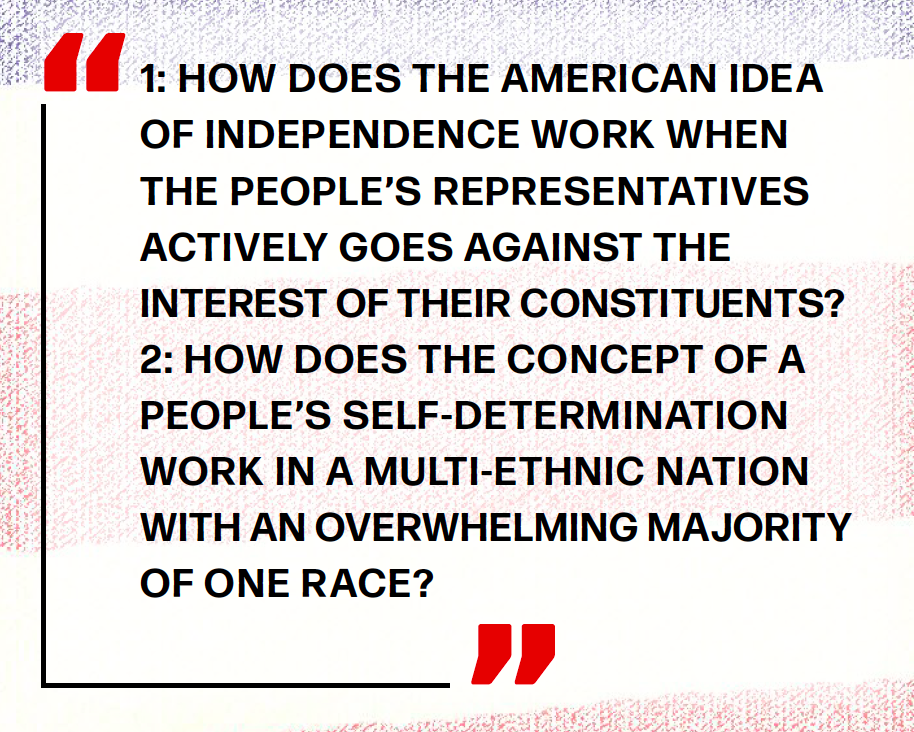
If we cast philosophy and idealism in the Dumpster and look at reality, the answer to these two questions are that, in both of these situations, the proposed concepts of independence and self-determination are not working. There can be no questions of how’s when the people in charge of answering don’t care about the hows. “Hows” make up the realm of ideals. Reality is set in the precious traditions of voter suppression, special interests, gerrymandering, duopoly in politics, etc. — while branding efforts to call out these wrongs as unpatriotic, ungrateful, even traitorous, when really, it is simply just un-white. For many of the privileged class, these recent years of American politics are just a blip in the great, long tradition of democracy and American exceptionalism. But before the era of reality-TV-politics, what was this exceptionalism like? Filled with dog-whistle politics, of ungraspable economic jargon, of purposefully complicated policies to disassociate the mass from the laws that govern their lives. Normalized is the blaming of poor and the marginalized for their own disenfranchisement, their own targeted violence, their own exclusion from the American ideals that were built on their very backs. Immigrant nation. Independence nation. Only if you look a certain way, come from a certain tax bracket, and talk within an acceptable range of accents.
And there I was, 16 and letting myself be convinced that maybe I was oppressed, convinced by fair-haired children living in their parents’ delusions of freedom.
And it has all been a delusion, hasn’t it, these past few decades? It’s a realization even worse than “it was all a dream,” which is arguably the worst of story endings. It’s a collective gaslighting of the marginalized, a cover-all blanket of contentment and confidence. Turns out, all it takes for the spell to break is some non-polite politics and some undemocratic rulers, who, unlike previous undemocratic rulers, flaunt their disregard for the pretense loudly and in full view of the public. The people have been rudely awakened, and they are outraged.
But even here there are two kinds of popular responses. Some, angry at reality and the injustices of it, take to the streets to demand the righting of wrongs. Others get defensive of their national pride, and double down on the illusion. Somehow, through the chaotic illogic of the whole affair, pushing for a fulfillment of the ideals and protecting the ideals has come to be oppositional. Somehow, in the crossed streams of protest and counter-protests, of police confrontations, of the left’s speeches denouncing the right and the right’s speeches denouncing the left, a whole system of concepts had been turned on its head, and symbols of great pride became signals of hate speech. The word “patriot,” the Bill of Rights, the Constitution, the flag, the concept of freedom, and that holy grail of purposes: self-determination — how can they show up so consistently on both sides of the dividing chasm, how can they be used to shoot and maim the opposition, and how can they simultaneously bear their dictionary definitions as well as their weight as synonyms for xenophobia, antebellum ideologies and white supremacy?
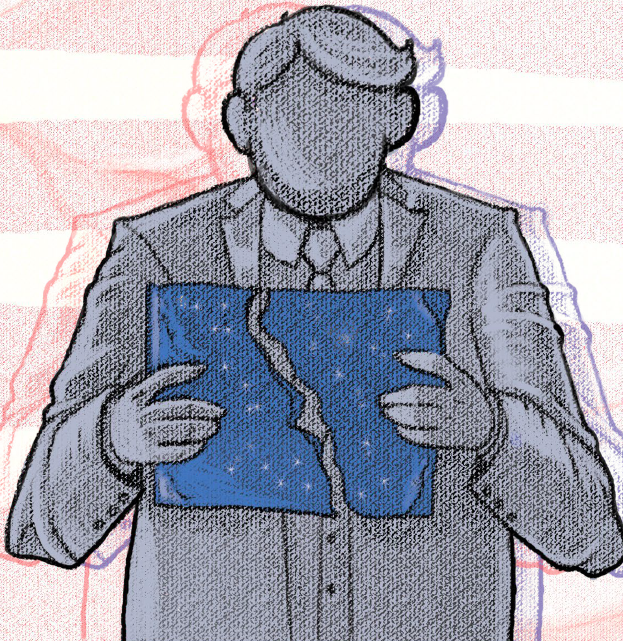
The answer, other than blatant hatred, is a hefty amount of self-delusion. On one side of the chasm, there is self-delusion within the populace. And in the back, egging these people on, are politicians who know exactly how to play on the idea of independence and self-determination to get them into public office and, more importantly, stay there. If the same turmoil was happening to a small, far —off country with great natural resources (which it repeatedly had), the U.S. would have invaded it, hijacked its government, and said they had “restored democracy” (which they have repeatedly done).
So what have we learned now that we are forced to acknowledge? What do we hear when the chants finally pass under our windows? None of what we hear is news, and the lesson, the repeated lesson, is simply what we have refused to embrace. Independence is a human concept. Self-determination sprung from our fickle minds. And like any concept, or word, or symbol, it can be abused and perverted by big and small nations, by smart and stupid men, by rich and poor people. And if we don’t wake up to see the changing tide and fight it, the old meaning, the altruistic meaning, the meaning the generation of my grandfather and my American friends’ great—grandfathers fought for, would sink beneath the wave. It isn’t just the institution of democracy that must be constantly protected, it is the concept and substance of the word itself.
We, in our respective nations of people, grasp onto these meanings with unrelenting hands, because we know how the undercurrent of change can be insidious. We grasp it, not out of intellectual snobbery, but out of respect for the freedom fighters who we were descendants of and the freedom fighters who will descend from ourselves. What the words “freedom,” “independence” or “self-determination” meant to our grandfathers might not mean the same to us, but the words in themselves must always be true. So when we encounter oppression that our grandfathers knew not, we act in the spirit of the ideal. How else can one still cite “all men are created equal” for social justice if they only cling to these words’ original context? The line between preservation and hypocrisy is just as fine as the one between evolution and perversion. Too fine, in fact, for them both to lead the fates of nations. But such is a fact of our species, our ambitious species, so we must partake.

